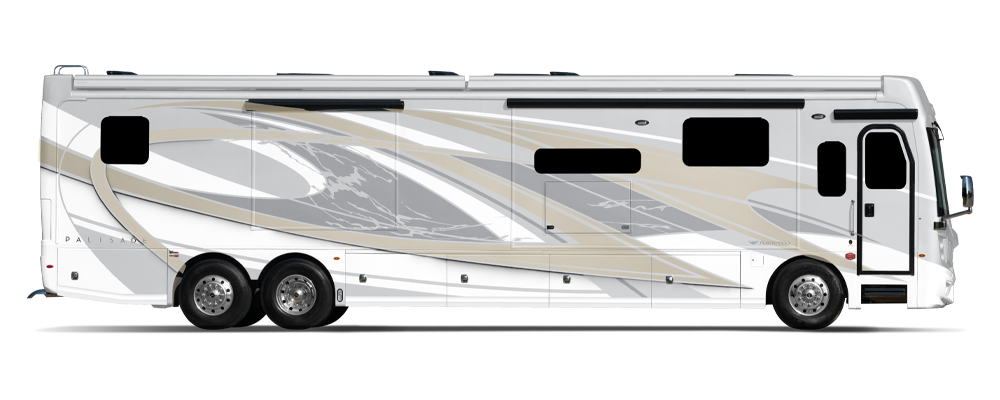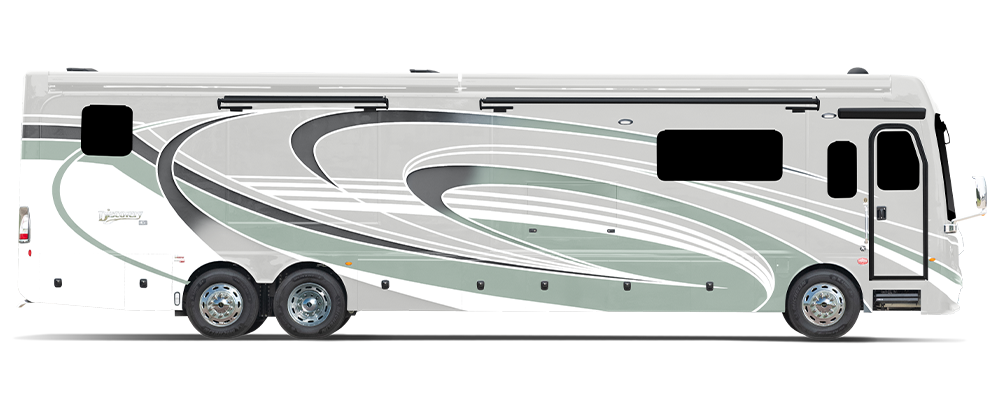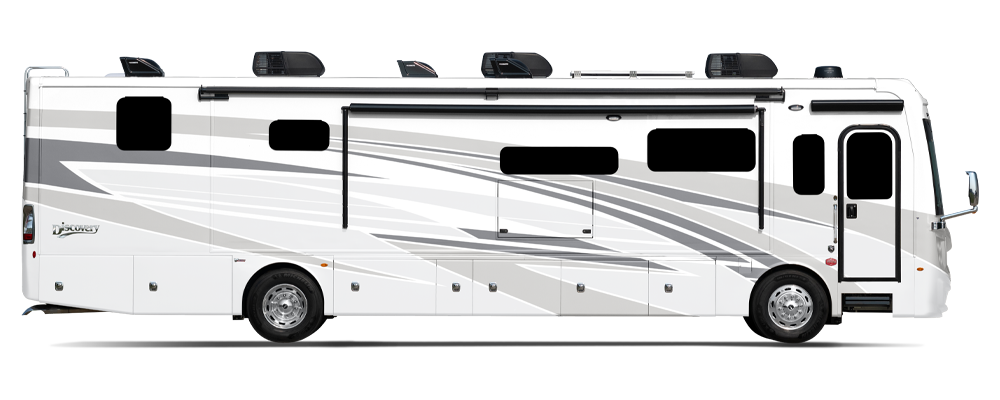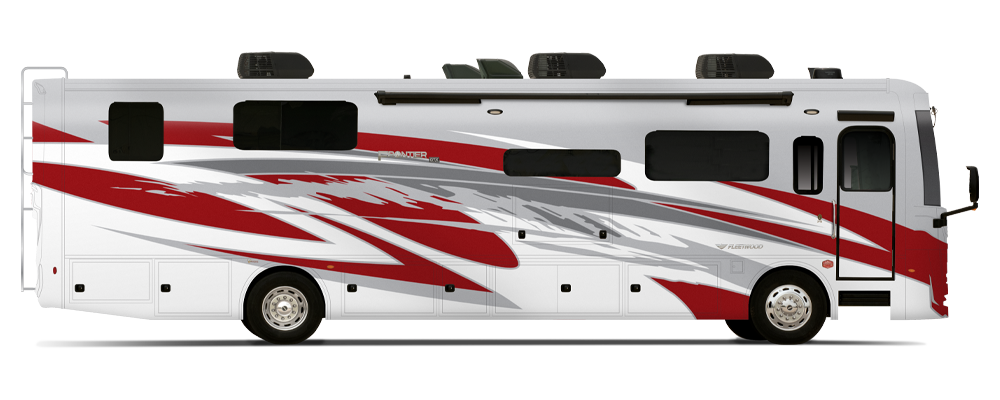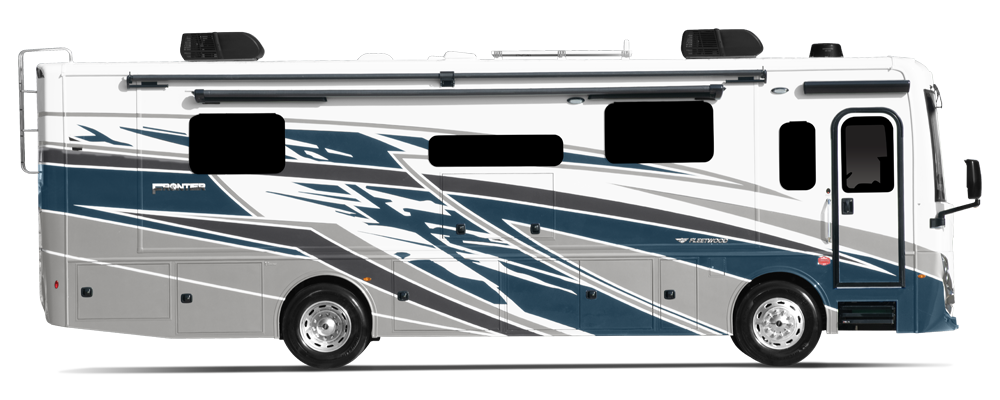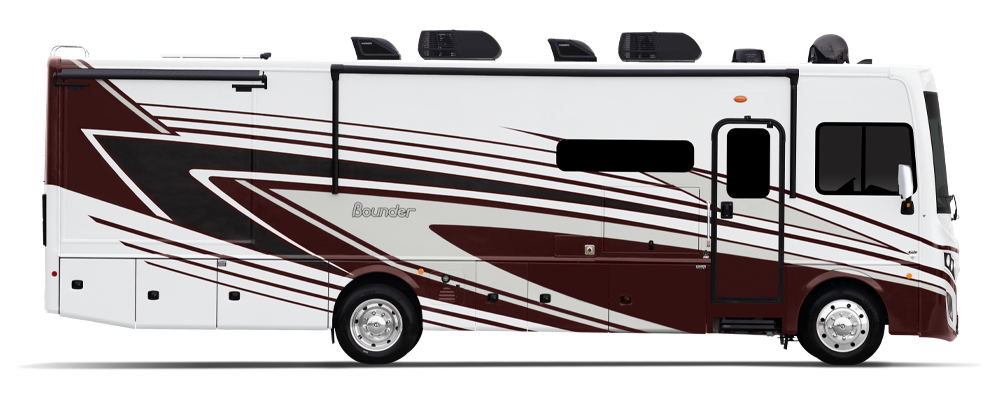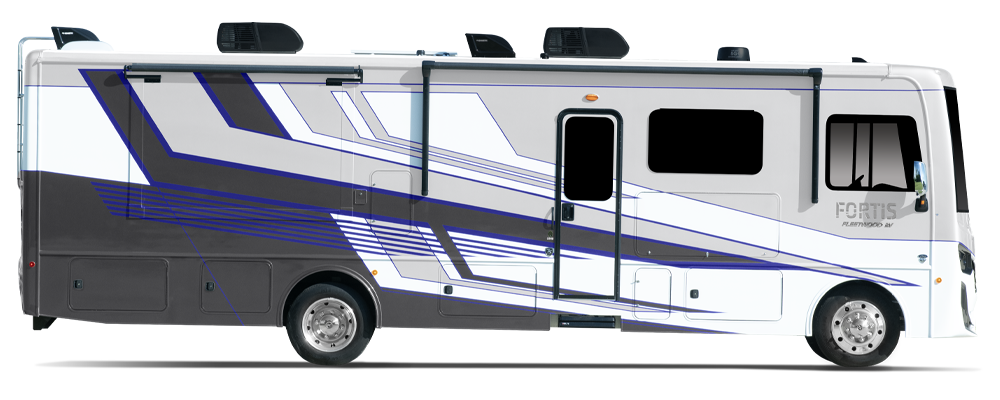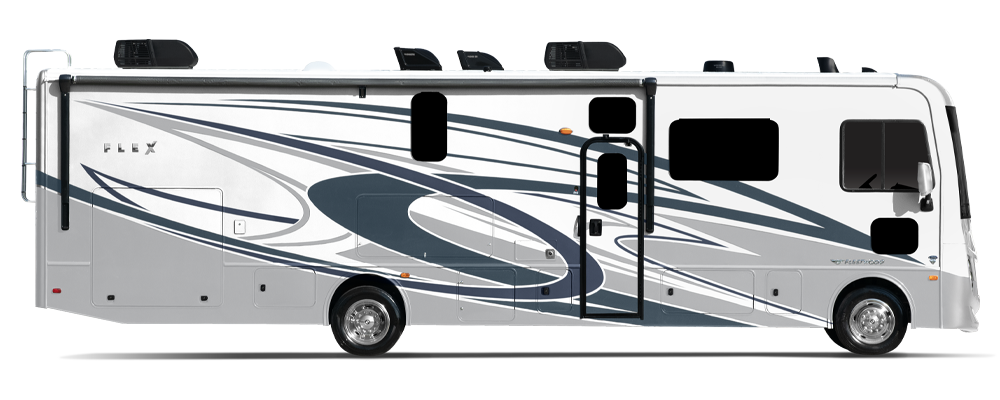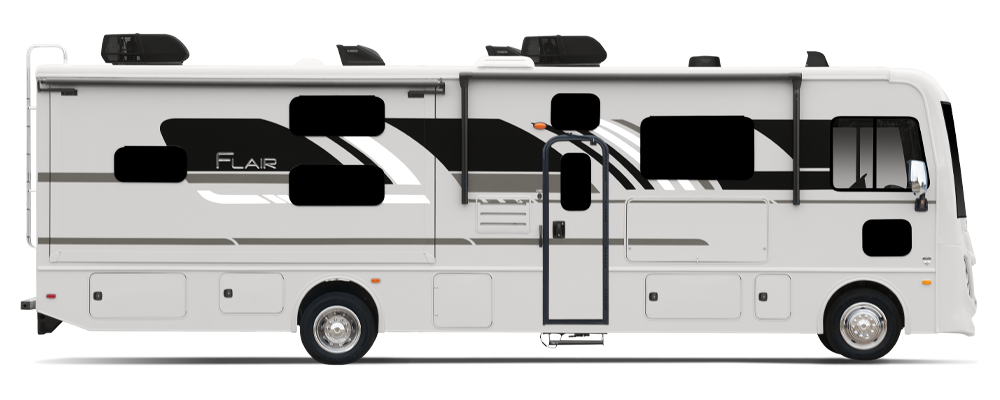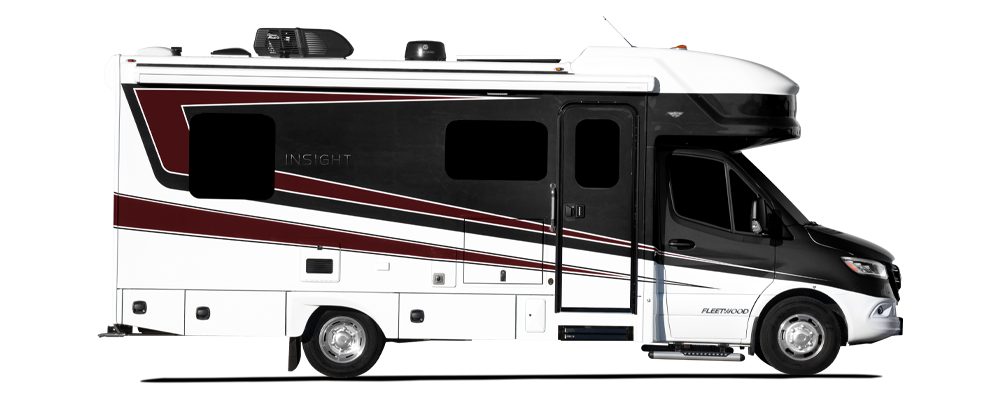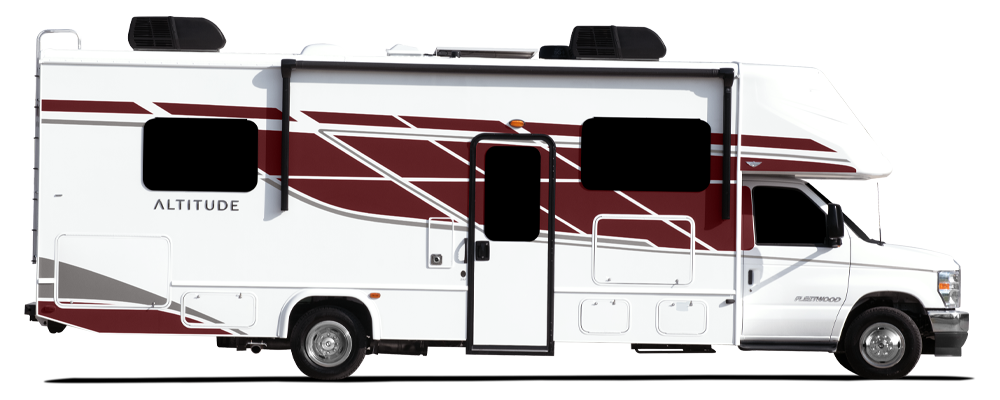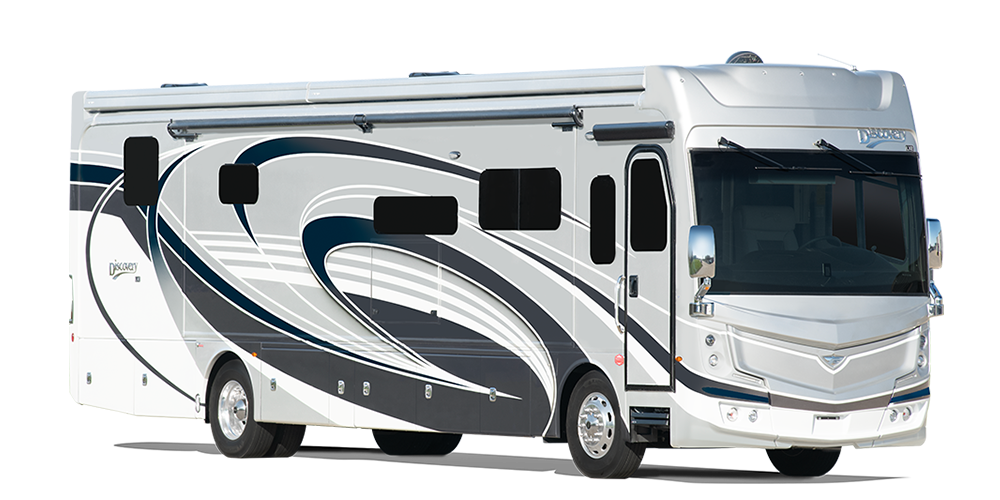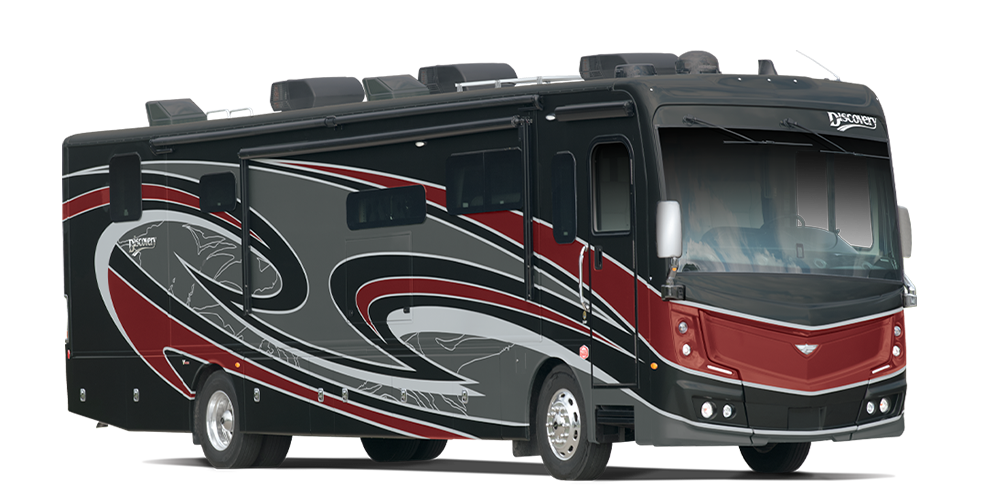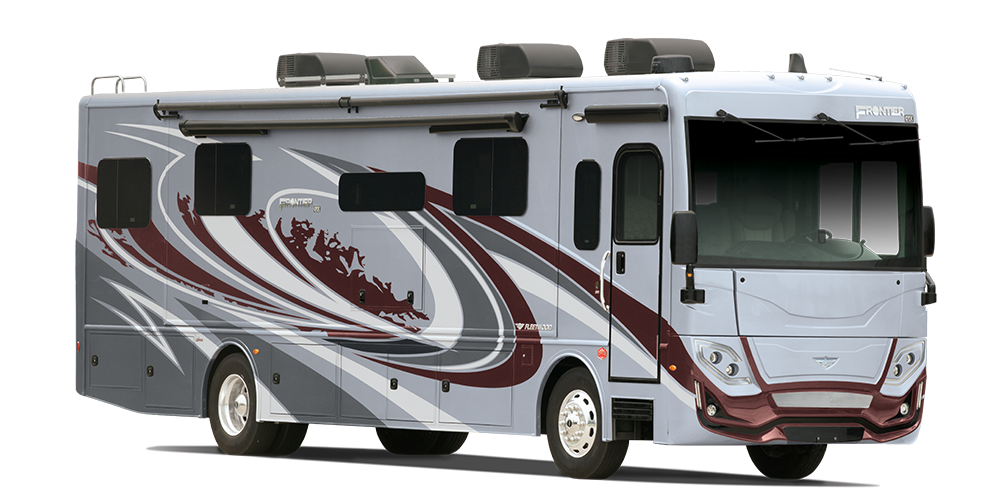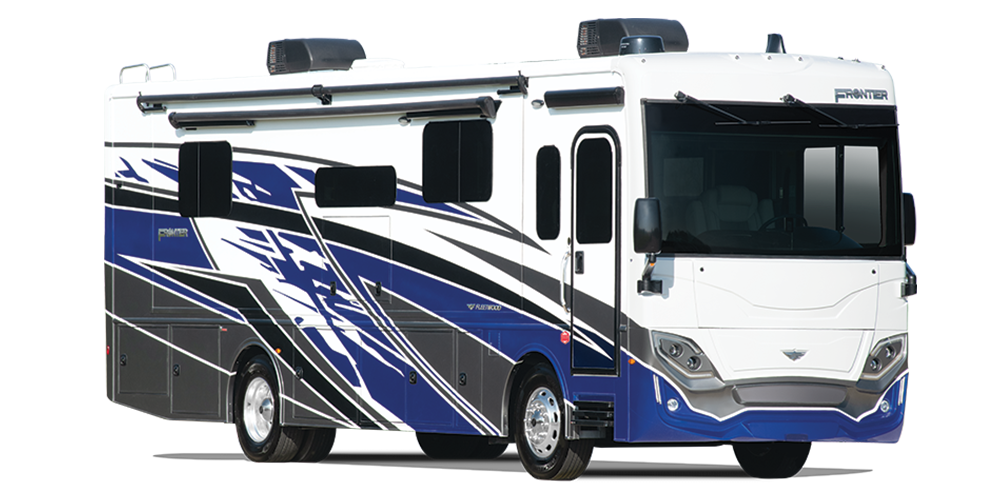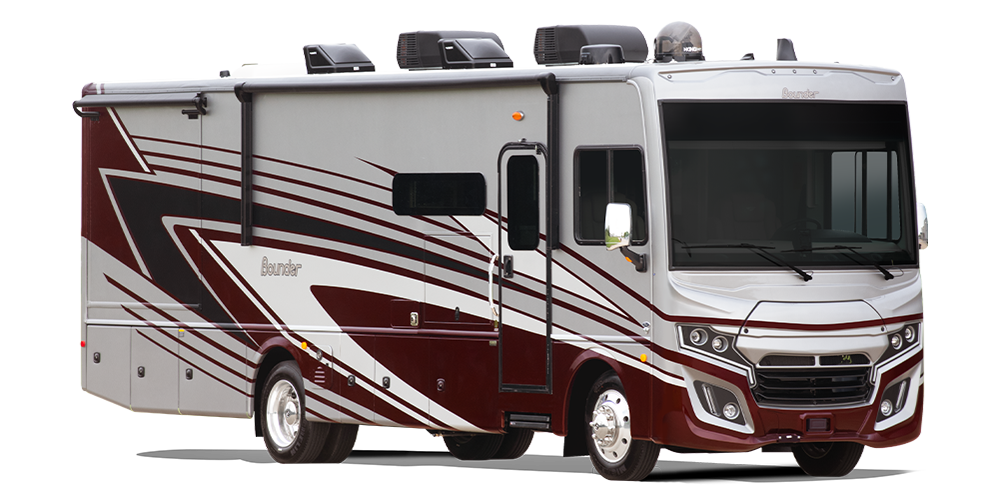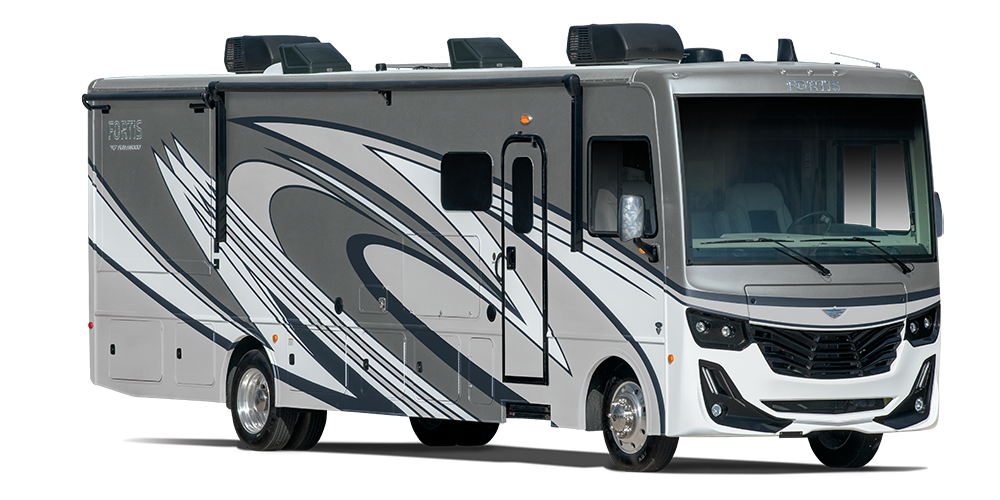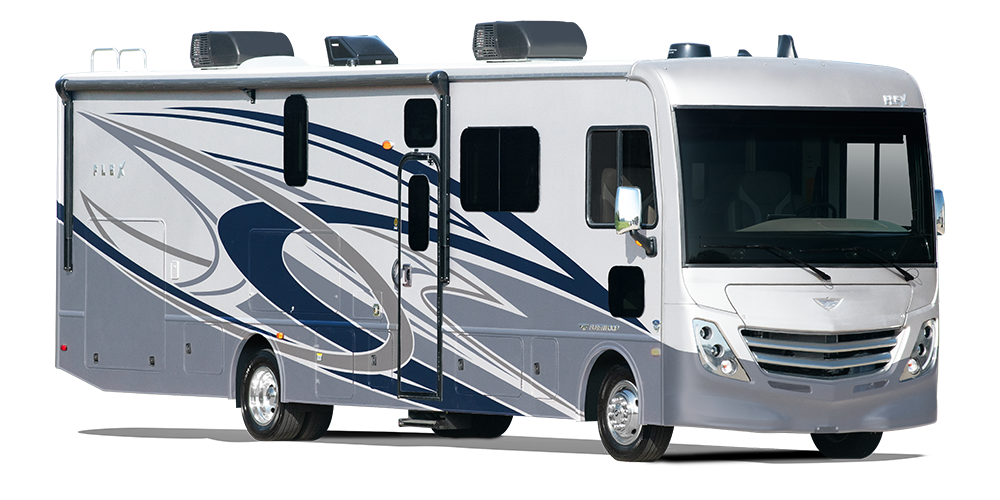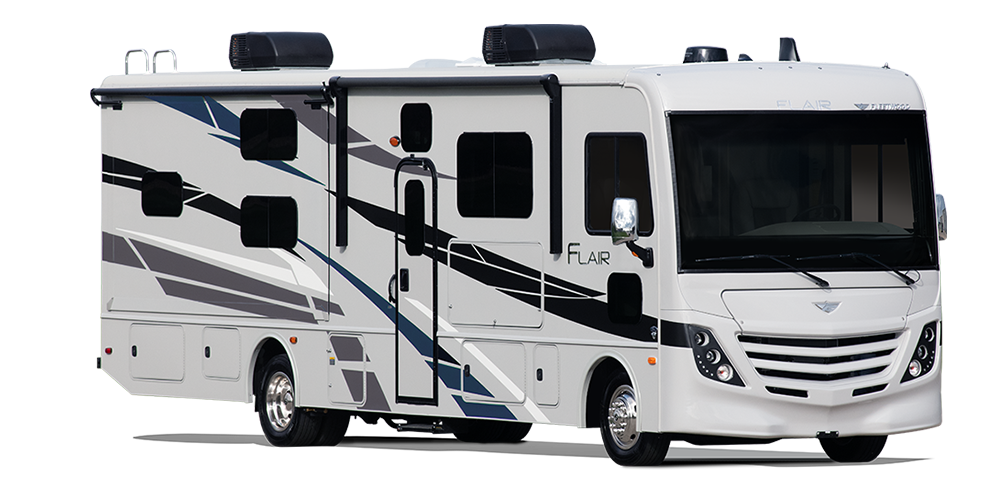Indoor vs. Outdoor RV Storage
Where you decide to store your RV can be just as much of a decision as where you’re going to take it for your next RV trip. Which means, one of the biggest decisions is whether you should use indoor or outdoor RV storage. There are advantages to both. But, there are also downsides.
Here are the things you need to think about when you’re considering where to store your motorhome until your next RV road trip.
The Cost Of Indoor RV Storage
Indoor RV storage is, on average, at least twice as expensive as an outdoor storage facility. That alone drives family RV owners to store it outside. However, there are reasons why some prefer the great indoors, and it’s not just because they enjoy spending money.
Some would argue that the extra money is worth it, considering the damage the elements can cause to your RV.
The Cost of Outdoor RV Storage
“My (RV) was 10 years old when I bought it,” one owner commented in a forum on this topic. “After two years of storing it outside in the cold Indiana winters it has aged considerably.”
The elements are a significant problem. If you park on concrete, the surface can degrade your tires, so you need to place plywood underneath them. Humid, wet weather can cause mold, leaks, and filth to wreak havoc on your family motor coach. Hot and dry weather causes sun damage.
If you do store it outside, you’ll need to occasionally wash, wax and protect your RV, and that takes time and money.
Covers for your RV can help, but many owners complained about them being a pain to put on, and they have to be strapped or taped down because if they flap around, they can damage your paint or finish.
Still, that same owner who complained about the damage the cold weather caused to his RV admitted that storing his 34-foot RV indoors would be “prohibitively expensive.”
Covered storage can be a nice compromise, but that won’t solve everything, as your RV will still be unprotected from extreme temperatures, humidity, and storms. So, it’s possible, and maybe even probable, that an indoor storage facility will add at least a few years to your family RV.
Talk to other RV owners in your area or RV dealers to determine if your rig can take the inevitable exposure caused by the elements. That should help you weigh the cost of indoor storage to see if it’s actually worth the extra cash.
Space Limitations of Indoor RV Storage
Then again, you may be thinking, “I don’t have any indoor RV storage near me,” especially if you live in a rural part of town.
Outdoor RV storage facilities are more common and offer more space options for you, and almost all of them are affordable. Covered RV places usually have enough sizes to accommodate your family RV as well, but these are a little harder to find.
When it comes to indoor RV storage solutions, some places don’t always offer spaces big enough to fit your RV, and they are the hardest to find, with many of them located in out-of-the-way places.
Alternative RV Storage Solutions
Keeping your RV at home can solve the problem of paying for storage, as you don’t have to spend money to have it stored on your land, although bringing your neighbors cookies every once in a while isn’t a bad idea…
We aren’t joking. Many cities have restrictions on storing your RV in your driveway and may send code enforcers if your neighbor complains about it. If your city doesn’t have a restriction, then it’s possible your HOA may not allow it.
If you’re leaning towards keeping the RV at home, you may consider grading an area of your lawn or building a parking pad to store it in your yard, but again, many cities and HOAs don’t allow that.
And, that’s not the only issue. Storing an RV in your driveway may make parking your car in the garage a pain or an improbability, depending on how long it is and who’s driving. Plus, storing your RV in a neighborhood makes it more visible, which brings us to…
Security For RV Storage
Indoor storage facilities usually have a security system to protect your RV. Most outdoor RV storage facilities have a fence that makes it hard for anyone to get in, but they usually can’t offer the same level of security that an indoor storage facility can.
Things to ask about an outdoor RV storage facility include: whether patrols are made through the area and how often, whether the lot is protected by a high fence or security system, whether you’ll have access to your RV, and whether it’s well lit.
If you store your RV at your house, however, you provide the security, and it’s possible that the pup sleeping at your feet isn’t going to be enough (although that shrill bark may give you enough time to call the police).
Most Popular Blogs
Easy Workouts While on the Road
Traveling away from home shouldn’t mean sacrificing your exercise routine. […]
